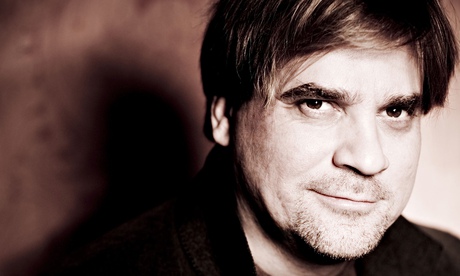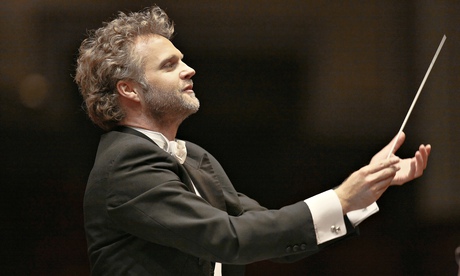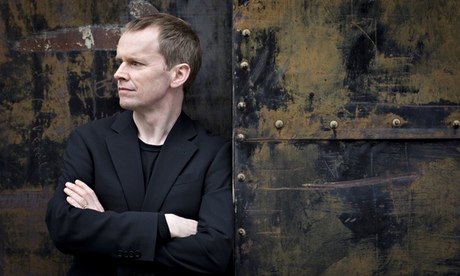Proms Matinee 2: Lapland Chamber Orchestra/Storgårds review wonderfully eclectic
Cadogan Hall, London
Peter Maxwell Davies's Sinfonia, a powerful and rarely performed work, was the highlight of a wide-ranging programme
Based in Rovaniemi, Finland, just a few miles south of the Arctic Circle, the Lapland Chamber Orchestra is the European Union's most northerly professional orchestra. John Storgårds has been its artistic director since 1996, and he brought his 30-strong band to Cadogan Hall for its Proms debut with a wonderfully eclectic programme, which began with one of CPE Bach's Hamburg symphonies, in B minor, and ended with Sibelius's Rakastava.
The last two of the Proms Saturday matinees will be 80th-birthday tributes to Harrison Birtwistle and Peter Maxwell Davies, but the LCO also included works by them. The trumpeter Håkan Hardenberger was the soloist in Endless Parade, which Birtwistle composed for him in 1987, setting the solo instrument off on a series of dazzling virtuoso riffs over mostly placid strings, with a glinting vibraphone bridging the harmonic gap between the two. Hardenberger has performed it more than 60 times now, but still makes it seem utterly spontaneous and capricious.
Continue reading...
SOURCE: Classical music | The Guardian - Read entire story here.











